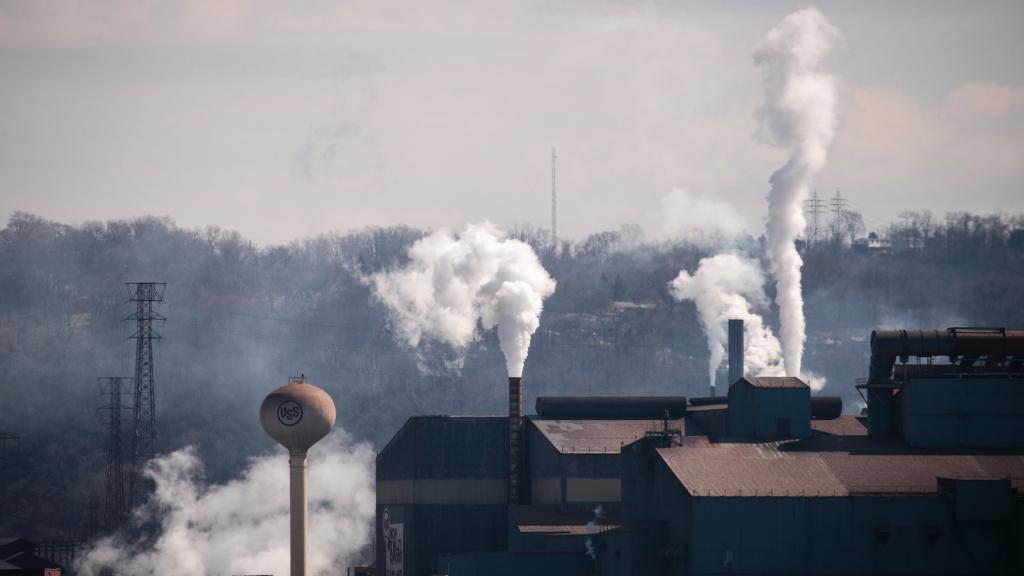Silica dust, thrown into the air while mining, has contributed to a staggering rise in cases of progressive, incurable, and deadly black lung disease in America’s coal miners. The insidious particulate is particularly common in the seams of low quality coal found in central Appalachia, yet the Mine Safety Health Administration, or MSHA, has for decades pegged safe exposure levels at about twice what the government allows for every other occupation. On Tuesday, the agency finally announced an updated standard, outlining not only a new threshold for exposure, but increased on-the-job safety measures and medical surveillance to protect workers.
“Miners deserve to go home safe and healthy each day and should never have to choose between sacrificing their lungs and providing for their families,” Chris Williamson, MSHA’s director, said in an address on Tuesday in Uniontown, Pennsylvania. “Miners also deserve to retire in dignity and enjoy the fruits of their labor with their loved ones. That’s why we’re all here today to take a long overdue step forward to protect miners from exposure to toxic silica dust.”
... Read more




